donor-advised funds
SUPPORT AFHU Through Your Donor-Advised Fund
Consider supporting AFHU as we continue to transform lives through knowledge.
To give to AFHU through your DAF, please use our legal name and federal tax ID:
Legal name: American Friends of the Hebrew University
Federal tax ID number: 13-1568923
What are donor-advised funds?
Donor-advised funds (DAFs) are philanthropic accounts established at a sponsoring organization, allowing individuals, families, or organizations to make contributions and receive an immediate tax deduction. Once funds are deposited, donors can recommend how the money is invested and advise on distributions to qualified charities over time, offering flexibility in charitable giving. DAFs simplify record-keeping, as the sponsoring organization manages administrative tasks and ensures compliance with regulations. They also encourage family involvement in decision-making, promoting a culture of giving. By accepting various asset types, DAFs enable more efficient and personalized philanthropy while maximizing tax benefits.
If you have any questions, please don’t hesitate to get in touch with us at [email protected].
Main advantages of a donor-advised fund
1. Simplicity: The DAF sponsor handles all recordkeeping, disbursements, and tax receipts.
2. Flexibility: The timing of your tax deduction can be separate from your charitable decision-making.
3. Tax efficiency: Contributions are tax-deductible, and any investment growth in the DAF is tax-free. It is also easy to donate long-term appreciated securities, eliminating capital gains taxes and allowing you to support several charities from one block of stock.
4. Family legacy: A DAF is a powerful way to build or continue a tradition of family philanthropy.
5. No start-up costs: There is no cost to establish a donor-advised fund. However, there are often minimum initial charitable contributions to establish the DAF (typically $5,000 or more).*
6. No transaction fees: Once approved, 100% of your recommended grant goes to your qualified public charity of choice.
7. Privacy if desired: Donors may choose to remain anonymous to the grant recipient.
DONATE FROM FIDELITY CHARITABLE, DAFGIVING360, or BNY MELLON
HOW DO DONOR-ADVISED FUNDS WORK?
In five simple steps, essentially:
1. A Contribution is Made: An individual or entity donates money to a sponsoring charitable organization to create a DAF. This person becomes the “donor advisor.”
2. Allocating Funds: The sponsoring organization places the donation into the DAF, which the donor can name (e.g., “The John Doe Fund”).
3. Investment Management: The Donor retains advisory privileges over the investment allocation for the DAF. Since the assets in the DAF are owned by the sponsoring organization, any investment growth is tax-free. The investment options available vary by the sponsoring organization.
4. Grant Recommendations: The Donor has advisory privileges over the grants made from the DAF. Typically, grants may only be recommended to IRS-qualified 501(c)(3) or 509(a) public charities.
5. Fund Distribution: Once approved, the sponsoring organization sends the funds to the chosen charity via check or electronic transfer.
DONATE FROM FIDELITY CHARITABLE, DAFGIVING360, or BNY MELLON
HOW DO DONOR-ADVISED FUNDS WORK?
In five simple steps, essentially:
1. A Contribution is Made: An individual or entity donates money to a sponsoring charitable organization to create a DAF. This person becomes the “donor advisor.”
2. Allocating Funds: The sponsoring organization places the donation into the DAF, which the donor can name (e.g., “The John Doe Fund”).
3. Investment Management: The Donor retains advisory privileges over the investment allocation for the DAF. Since the assets in the DAF are owned by the sponsoring organization, any investment growth is tax-free. The investment options available vary by the sponsoring organization.
4. Grant Recommendations: The Donor has advisory privileges over the grants made from the DAF. Typically, grants may only be recommended to IRS-qualified 501(c)(3) or 509(a) public charities.
5. Fund Distribution: Once approved, the sponsoring organization sends the funds to the chosen charity via check or electronic transfer.
For more information, please click here.
If you have any questions, please don’t hesitate to get in touch with us at [email protected].
